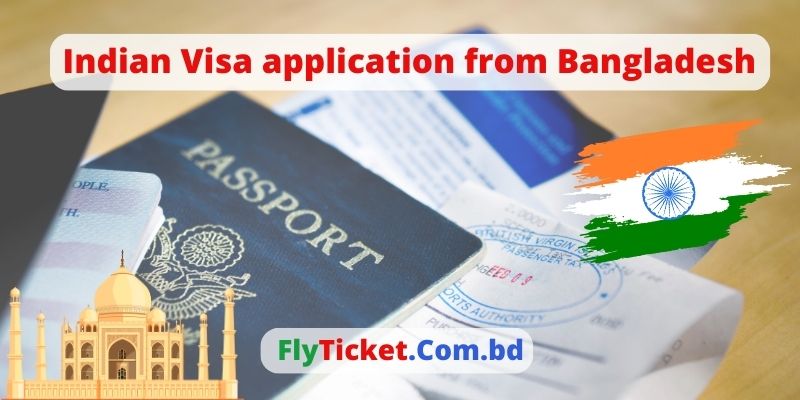Overstaying on a visa is a serious offense in many countries, including India. For foreign nationals, including tourists, business travelers, and expatriates, adhering to the terms and validity of their visas is crucial. This article provides a comprehensive overview of the implications of OVERSTAYING ON INDIAN VISA, the legal consequences, and possible remedies for those who find themselves in this situation.
Consequences of Overstaying on an Indian Visa
- Fines and Penalties
- Overstaying beyond the permitted period on an Indian visa incurs fines. The penalties increase with the length of the overstay. Typically, the fines can range from $30 to $500, depending on the duration and circumstances of the overstay.
- Legal Actions
- Extended periods of overstay can lead to more severe legal consequences, including detention and deportation. Indian immigration authorities take visa violations seriously, and offenders may face court proceedings.
- Blacklisting
- Overstayers may be blacklisted, preventing them from entering India for a specified period or even permanently. This measure is taken to ensure compliance with immigration laws and to deter future violations.
- Impact on Future Visa Applications
- Overstaying can significantly impact future visa applications to India and other countries. It raises red flags with immigration authorities and may lead to the denial of future visa applications.
- Criminal Charges
- In extreme cases, overstaying can lead to criminal charges, especially if the individual is involved in illegal activities or fails to comply with exit procedures.
Steps to Take if You Overstay on an Indian Visa
- Report to the FRRO/FRO
- The first step for anyone who has overstayed their visa is to report to the nearest Foreigners Regional Registration Office (FRRO) or Foreigners Registration Office (FRO). Promptly reporting can mitigate some of the consequences and demonstrate a willingness to comply with Indian laws.
- Pay the Required Fines
- Pay the fines imposed for overstaying. The amount depends on the duration of the overstay and must be paid to regularize the status before leaving the country.
- Apply for an Exit Visa
- To leave India legally after overstaying, one must apply for an exit visa from the FRRO/FRO. This visa allows the individual to exit the country without facing additional penalties or complications.
- Seek Legal Assistance
- Consulting with an immigration lawyer or legal expert can provide guidance and help navigate the complexities of the situation. Legal professionals can offer advice on how to handle fines, exit visas, and potential legal proceedings.
- Regularize Your Status
- In some cases, it may be possible to regularize your visa status by extending your current visa or converting it to another visa type. This requires approval from the FRRO/FRO and is typically considered on a case-by-case basis.
Preventive Measures to Avoid Overstaying
- Monitor Visa Validity
- Always keep track of your visa validity and the duration of your stay. Mark the expiration date and set reminders to ensure you leave the country or extend your visa before it expires.
- Apply for Extensions in Advance
- If you need to stay longer in India, apply for a visa extension well before your current visa expires. Extensions are subject to approval and must be justified with valid reasons.
- Understand Visa Conditions
- Familiarize yourself with the specific conditions and requirements of your visa category. Each type of visa (tourist, business, employment, etc.) has different rules and permitted activities.
- Stay Informed on Immigration Policies
- Keep abreast of any changes in Indian immigration policies and regulations. Periodic updates can affect visa rules and enforcement practices.
Conclusion
INDIAN VISA FOR VENEZUELAN CITIZENS can lead to serious consequences, including fines, legal actions, blacklisting, and future visa denials. It’s crucial to be proactive in managing your visa status, understanding the implications of overstaying, and taking immediate steps to rectify the situation if you find yourself overstaying. By adhering to visa regulations and seeking appropriate remedies when necessary, you can ensure a smoother travel experience and maintain good standing with Indian immigration authorities.

